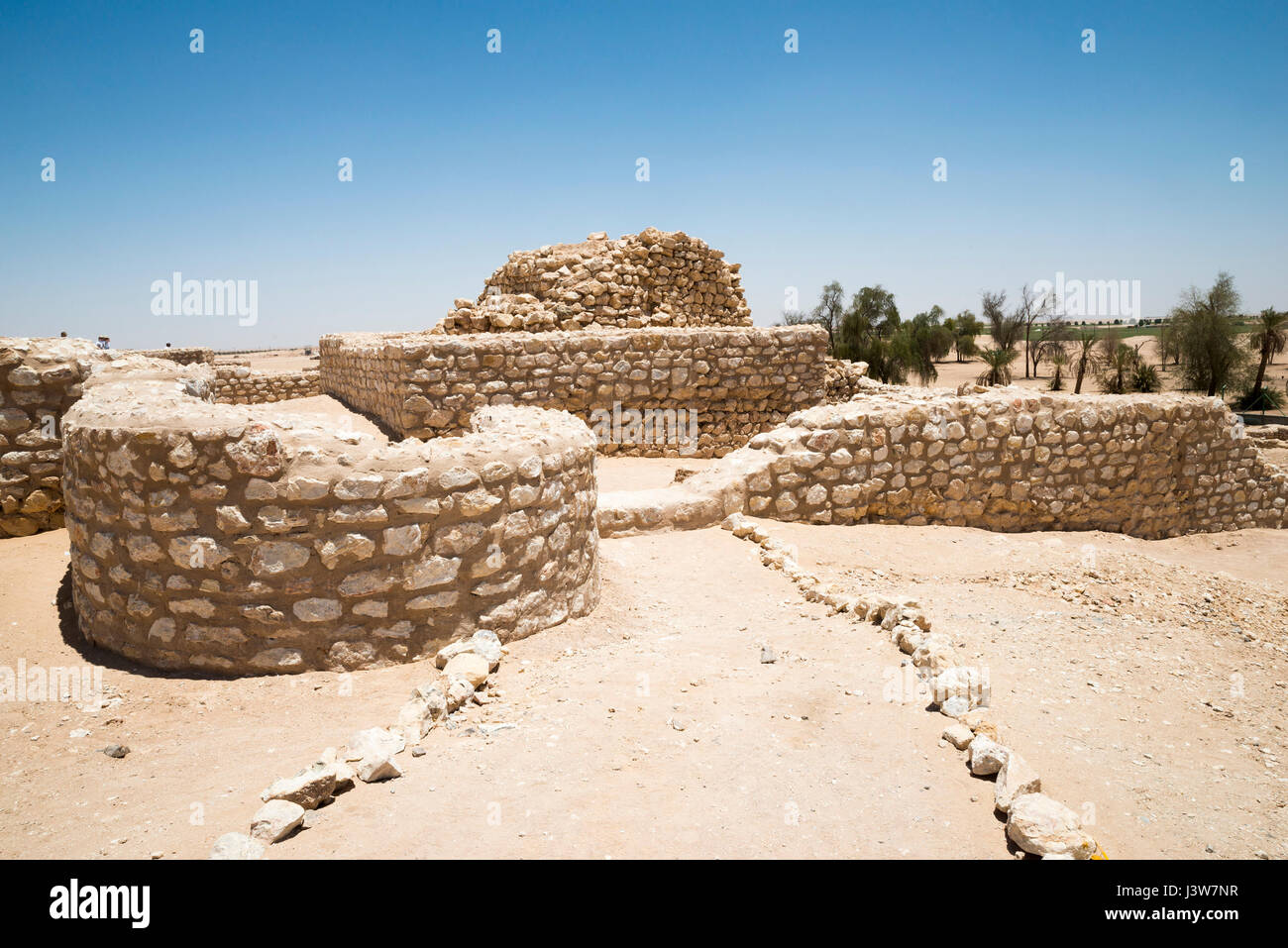

Works of the imagination were the work of sinners, to be punished by an angry God. It was not so long ago that the Reverend Jonathan Edwards had deemed that the only fit reading was the Bible or commentaries on it. It was a daring, even reckless thing that he had chosen to do. Wil paced back and forth in his tiny shop, leafing through the translation-the first in America-of the tales. Cooper wrote, When I had finished reading the book, it struck my imagination, that those tales might be compared to a once rich and luxuriant garden, neglected and run to waste, where scarce any thing strikes the common observer but the weeds and briars, whilst the more penetrating eye of the experienced gardener discovers still remaining some of the most fragrant and delightful flowers. The sturdy little volume began with his friend Cooper’s account of his trip to the continent and his discovery in a country inn of a French edition of the Arabian Nights Entertainments. He helped unload the shipment of the books he’d had printed in New Hampshire and, back inside, hastened to inspect a copy.

Wil, the young proprietor, would have been waiting anxiously, stamping his feet to keep warm and every few minutes wiping the snowflakes from his spectacles. IT WAS SNOWING and well after dark when the wagon finally pulled up outside the bookshop on the corner of Proctor’s Lane. Title.įor Kay, Cristina, Jenny, and Wil Prologueīoston, Massachusetts, February 1797. . . Excavations (Archaeology)-Oman-Ubar (Extinct city). The road to Ubar: finding the Atlantis of the sands / Nicholas Clapp. THE LIBRARY OF CONGRESS HAS CATALOGED THE PRINT BOOK AS FOLLOWS: Illustrations copyright © 1998 by Kristen Mellonįor information about permission to reproduce selections from this book, write to or to Permissions, Houghton Mifflin Harcourt Publishing Company, 3 Park Avenue, 19th Floor, New York, New York 10016. Should You Eat Something That Talks to You?Īppendix 1: Key Dates in the History of UbarĪppendix 2: A Glossary of People and PlacesĪppendix 3: Further Reflections on al-Kisai’s The Prophet Hud


 0 kommentar(er)
0 kommentar(er)
